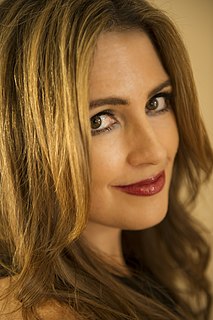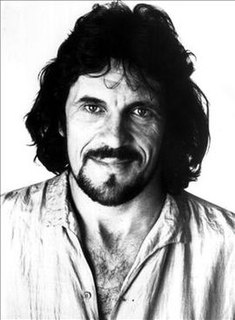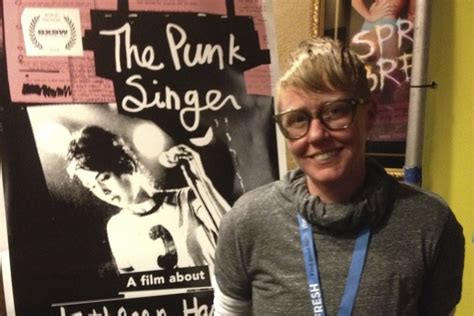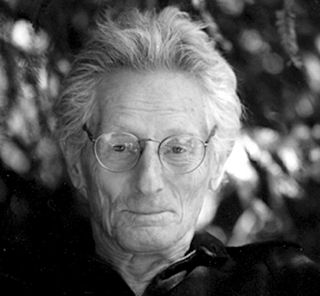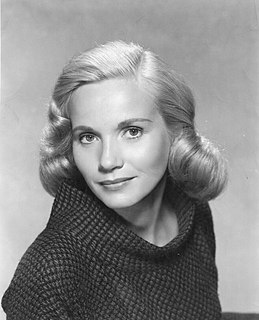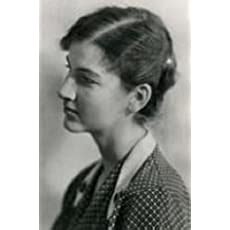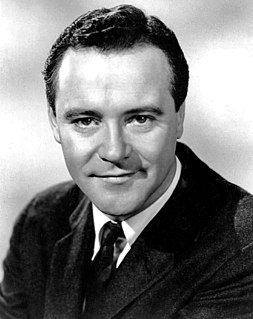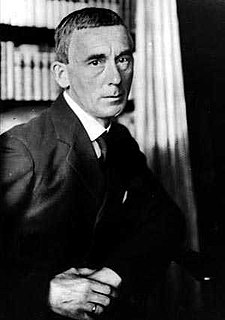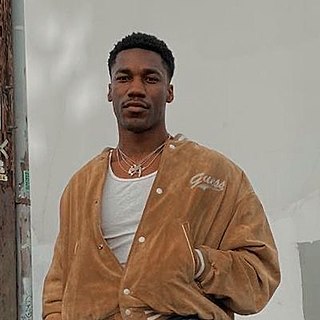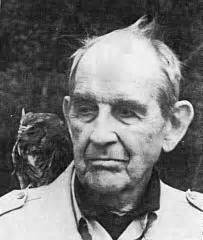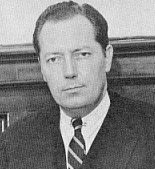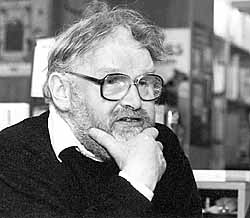Top 1200 In Other Words Quotes & Sayings
Explore popular In Other Words quotes.
Last updated on April 14, 2025.
Other people’s words are so important. And then without warning they stop being important, along with all those words of yours that their words prompted you to write. Much of the excitement of a new novel lies in the repudiation of the one written before. Other people’s words are the bridge you use to cross from where you were to wherever you’re going.
If you have words and want to write music for them, the words hit you with a feeling which you can't really describe in words, and so what you do is to put music to them and in this way you make contact with the words, through the musical thing. It happens when two feelings come together and they do something together and they compliment each other.
It's no longer possible to simply build English country houses out of words, because they've already been so thoroughly described that all the applicable words have been used up, and one is forced to build them instead out of words recycled and scavenged from other descriptions of other country houses.
I can never say what I want to say, it's been like this for a while now. I try to say something but all I get are wrong words - the wrong words or the exact opposite words from what I mean. I try to correct myself, and that only makes it worse. I lose track of what I was trying to say to begin with. It's like I'm split in two and playing tag with myself. One half is chasing this big, fat post. The other me has the right words, but this can't catch her.
Words outlive people, institutions, civilizations. Words spur images, associations, memories, inspirations and synapse pulsations. Words send off physical resonations of thought into the nethersphere. Words hurt, soothe, inspire, demean, demand, incite, pacify, teach, romance, pervert, unite, divide. Words be powerful.
How can the unknown merit reverence? In other words how can you revere that of which you are ignorant? At the same time, it would be ridiculous to propose that what we know merits reverence. What we know merits any one of a number of things, but it stands to reason reverence isn't one of them. In other words, apart from the known and the unknown, what else is there?
Have you ever considered, beloved other, how invisible we are to each other? We look at each other without seeing. We listen to each other and hear only a voice inside out self. The words of others are mistakes of our hearing, shipwrecks of our understanding. How confidently we believe OUR meanings of other people's words.
And for adults, the world of fantasy books returns to us the great words of power which, in order to be tamed, we have excised from our adult vocabularies. These words are the pornography of innocence, words which adults no longer use with other adults, and so we laugh at them and consign them to the nursery, fear masking as cynicism. These are the words that were forged in the earth, air, fire, and water of human existence, and the words are: Love. Hate. Good. Evil. Courage. Honor. Truth.
In empathy, you don't speak at all. You speak with the eyes. You speak with your body. If you say any words at all, it's because you are not sure you are with the person. So you may say some words. But the words are not empathy. Empathy is when the other person feels the connection with what's alive in you.
All my life I've felt on the outside wherever I am - out of the picture, the conversation, at a distance, as though I were the only one able to hear the sounds or words that other's can't, and deaf to the words that they hear. As if I'm outside the frame, on the other side of a huge, invisible window.
I think I fully commit myself to any role to the extent to which I can. In other words there's some roles that maybe it's just not there, in other words on the page. You know, I mean your job is you need to play the governor and that's what you do. I mean I'm not going to stay up all night if I'm playing a functional role. And I've played a couple of functional roles. And so I'm not going to do anything other, look he's a functional guy. He says hey mister, you forgot your hat.
Acting doesn't have anything to do with listening to the words. We never really listen, in general conversation, to what the other person is saying. We listen to what they mean. And what they mean is often quite apart from the words. When you see a scene between two actors that goes really well you can be sure they're not listening to each other - they're feeling what the other person is trying to get at. Know what I mean?
As parents, we can do a great deal to further this goal by helping our children develop alternative ways of knowing the world verbally/analytically and visually/spatially. During the crucial early years, parents can help to shape a child's life in such a way that words do not completely mask other kinds of reality. My most urgent suggestions to parents are concerned with the use of words, or rather, not using words.
I am a dreamer of words, of written words. I think I am reading; a word stops me. I leave the page. The syllables of the word begin to move around. Stressed accents begin to invert. The word abandons its meaning like an overload which is too heavy and prevents dreaming. Then words take on other meanings as if they had the right to be young. And the words wander away, looking in the nooks and crannies of vocabulary for new company, bad company.
A recently reprinted memoir by Frederick Douglass has footnotes explaining what words like 'arraigned,' 'curried' and 'exculpate' meant, and explaining who Job was. In other words, this man who was born a slave and never went to school educated himself to the point where his words now have to be explained to today's expensively under-educated generation.
Words, English words, are full of echoes, of memories, of associations. They have been out and about, on people's lips, in their houses, in the streets, in the fields, for so many centuries. And that is one of the chief difficulties in writing them today -- that they are stored with other meanings, with other memories, and they have contracted so many famous marriages in the past.

